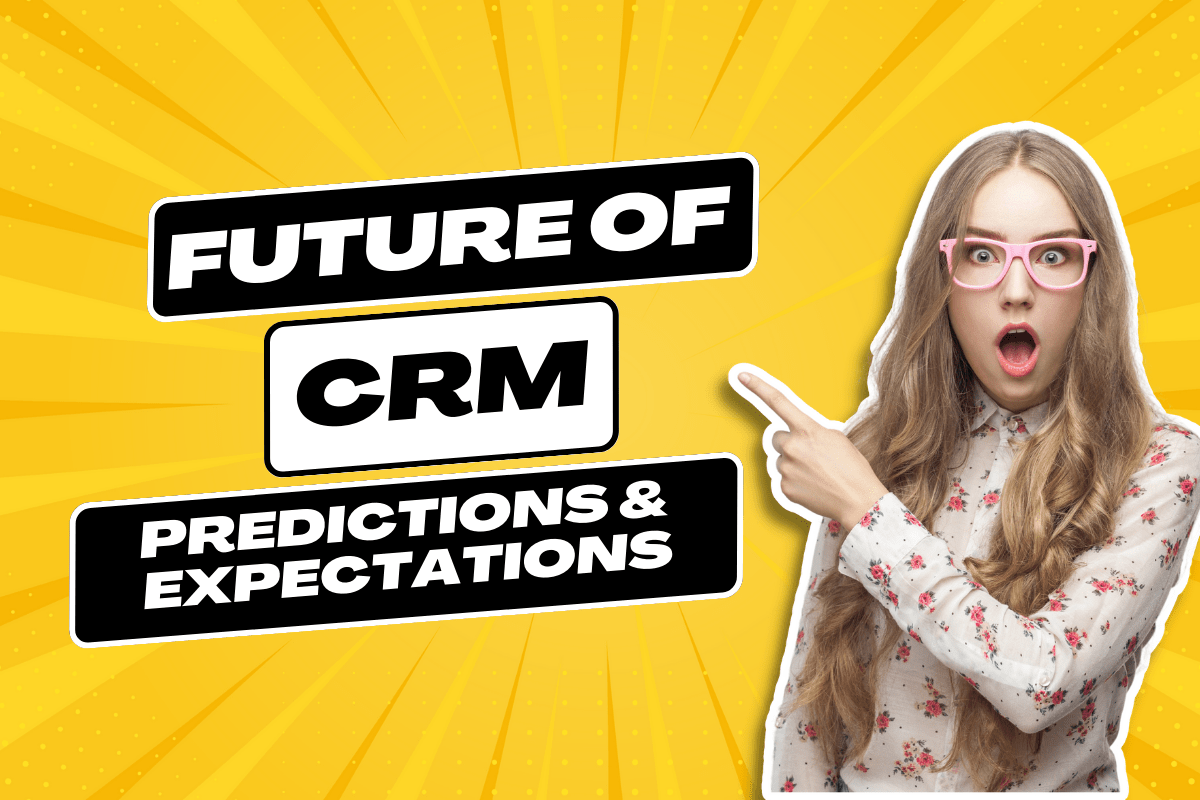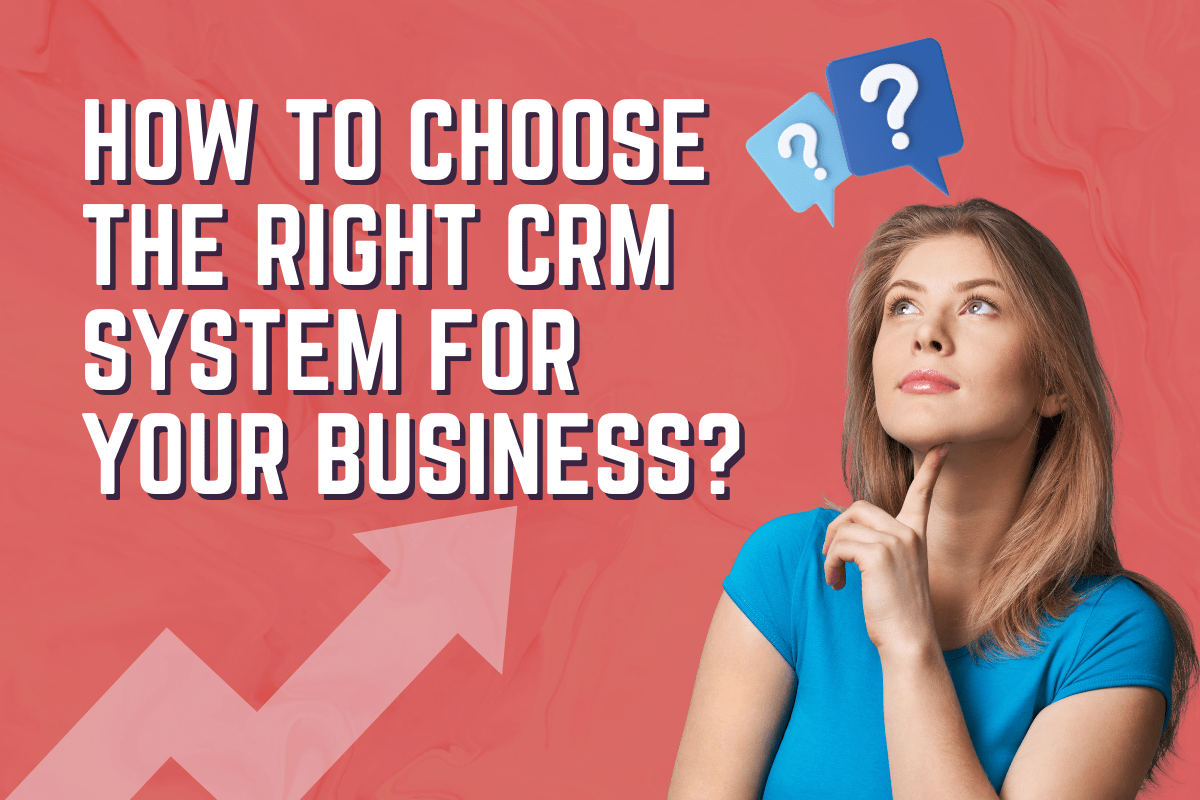The buying behavior of customers has drastically changed in the last few years. The traditional approaches to forming a customer relationship will not work anymore. Your approach needs to be intuitive, flexible, and personalized to be successful. As we step into 2023, the CRM landscape is poised for significant advancements. So, we are sharing the predictions and expectations for the future of CRM and how it is set to transform businesses in the coming years.
Key CRM Trends over the next coming years:
1. Artificial Intelligence (AI) Integration

We are already seeing AI-powered chatbots and virtual assistants that are used to enhance customer service by providing instant responses and personalized interactions. With AI, CRM systems will become more intelligent, proactive, and capable of automating repetitive tasks, freeing up valuable time for sales reps to focus on building customer relationships.
2. Enhanced Personalization
The “Customer First” policy is followed by every business model. This means companies will focus more on customer retention and personalization. Yes, indeed, these trends are already in practice but they will be a key trend over the next few years as well. While sales reps are leveraging all the features of a CRM system, on the other hand, the Marketing teams are still looking for opportunities to market the products to the right audience. But this has started to change now! With the behavioral insights captured by today’s best CRM systems, Marketing executives can now improve their campaigns overall.

This level of personalization will strengthen customer engagement, boost customer loyalty, and drive higher conversion rates. Additionally, with the help of predictive analytics, businesses will be able to anticipate customer needs and offer proactive solutions.
3. Responsive CRM framework

Earlier, CRM software was extremely complex and difficult to set up. Fortunately, it is way easier to implement a CRM system and use it. CRM needs to have centralized data spread across various channels, allowing businesses to gain a 360-degree view of each customer’s journey. Mobile compatibility is an evolving need for companies as it allows the teams to update and access the CRM system on the go.
4. IoT Integration

Do you know? There are expected to be more than 64 billion IoT devices worldwide by the year 2025. More and more corporate ventures are adopting IoT technology and the number is going to rise in the coming years. With the proliferation of connected devices, CRM systems will capture and analyze data from IoT sensors, enabling businesses to gain insights into customer behaviors, product usage patterns, and service requirements. This data will help the Marketing team optimize their offerings, deliver proactive support, and develop new revenue streams. For instance, a smart home appliance manufacturer could leverage CRM data to offer personalized maintenance reminders and product upgrade recommendations based on usage patterns.
5. Voice Technology

As easy as it sounds, it’s even more enjoyable to have voice technology embedded in CRM systems. Voice Technology is making it easier for sales reps to track, update, and notify their teams about customer data. It is expected in the coming years that CRMs with voice technology will be more in demand as it is very convenient to use and adapt to.
Conclusion
The future of CRM holds immense potential for businesses to revolutionize customer interactions and drive growth. Embracing these advancements will enable businesses to deepen customer relationships, improve operational efficiencies, and gain a competitive edge in the market. Your business will be better positioned for the future if you implement a strong CRM such as Berry CRM. With Berry CRM you can automate processes, seamlessly integrate with other tools, and even enhance your marketing campaigns. All-in-one solution for all your customer support needs.
Get in touch with Raspberry IT Services, for the most affordable CRM software solution in Dubai!


























